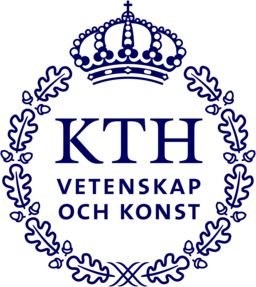COP29: Rethinking approaches and tools for an integrated transdisciplinary assessment of climate-compatible energy strategies in the African Union and the European Union
Scientific tools are widely used around the world, and particularly in the EU and AU regions, to support strategic planning for climate-compatible development. They are used by national authorities, research institutes, the private sector and civil society organisations, often with the support of development partners, universities and consultancies. However, the scientific knowledge derived from these tools has not always successfully supported the strategic energy planning process. Sometimes, uncoordinated and biased approaches to the design and application of the models by the actors involved on the EU and AU side have led to poor consideration of the social, economic and environmental specificities of each country. This often results in a lack of ownership and credibility and, consequently, limited adoption in planning and policy-making processes. To address this gap, RE-INTEGRATE (a programme/project consisting of a consortium of 15 AU and EU universities and research centres) aims to establish, within the existing AU and EU energy planning ecosystems, an enabling and inclusive environment for the sharing of knowledge, context-specific modelling tools and modelling expertise on climate compatible development. RE-INTEGRATE responds to the need expressed in the work programme to foster modelling approaches and expertise within the AU/EU, by structurally enabling multilateral sharing of knowledge and research infrastructures. In doing so, it is developing and testing 3E models adapted to 8 AU contexts, drawing on local expertise and analysing climate-compatible development paths. At the same time, in recent years Senegal has initiated its LTS (Long Term Strategy), supported by ENDA Energie. The co-construction process carried out with national stakeholders (state and non-state) is based on technical work on scenarios and modelling at the level of several systems, such as energy, farmers, industry and infrastructure.

